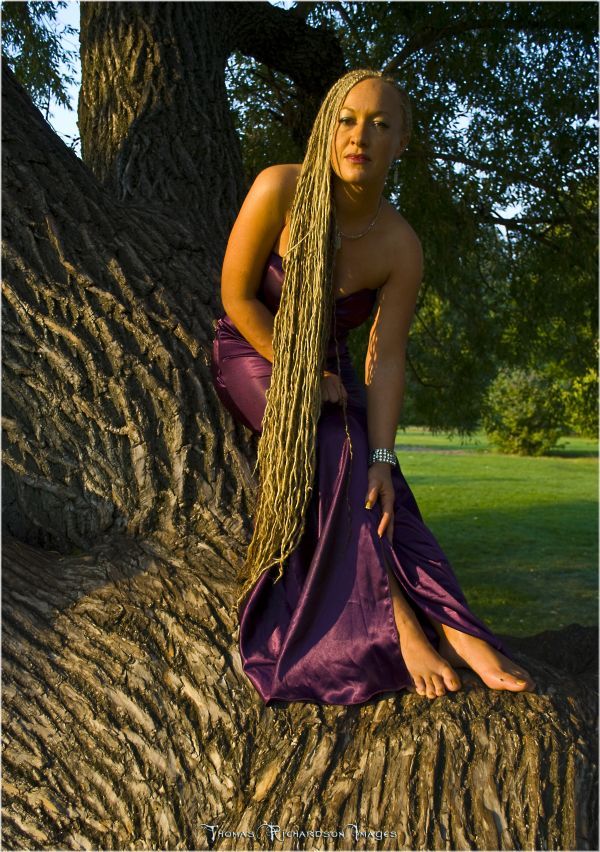
at first, i laughed at rachel dolezal. i’ve witnessed blackness get colonized so many times until i immediately found her blackface antics more pathetic than anything. however, after she sat down for an interview with melissa harris perry and refused to answer any question directly, i’d had enough — my giggles and indifference turned to anger.
what disturbs me about dolezal’s actions is not only the performative aspect of her self-proclaimed black identity or the hate crimes that some say she falsely claimed to be the recipient of, but the fact that she conveniently left one privileged position for another. when presenting as a white woman she leveraged the resources attributed to her whiteness, and as a lightskinned black women, she could leverage the resources attributed to having light skin. whether it was the race or gender hierarchy, dolezal always found herself on top.
 for dark-skinned people of color, passing is not an option. race marginalizes us the easiest, acting as the visible embodiment of past and present oppression. beyond skin color is the complicated history around our hair — black women’s beauty has been tied to the tightn
for dark-skinned people of color, passing is not an option. race marginalizes us the easiest, acting as the visible embodiment of past and present oppression. beyond skin color is the complicated history around our hair — black women’s beauty has been tied to the tightn
ess of our curls since slavery. dolezal never had an authentic experience with this very painful narrative, yet told melissa harris perry that her hair journey has been “interesting,” claiming:
it also felt like an affirmation of black is beautiful, you know? because for so many centuries, you know, there’s been … the relaxers and the long weaves and the skin bleaching and all that fallout of psychological disorientation and certainly trauma came.
as if adorning her hair like a black woman’s is a tribute to blackness, she even claimed to have become a hairstylist to help black children feel beautiful. guess what rachel, we don’t need you to pretend to be black to make women who were born black feel better about their blackness. that’s called cultural appropriation, and it actually has the opposite effect.
in fact, dolezal’s egotistical analysis around her hair, adopting her younger siblings and activism have all given the white savior complex a new meaning.
whether led by curiosity, adoration or bad intentions, rachel dolezal made a conscious decision to maneuver through spaces focused on black empowerment as a lightskinned black woman. the privilege to choose not only one’s race, but color is power that most racial minorities will never experience. in the face of constant white terror and efforts to democratize standards of beauty, her blackface performance is not only exploitative, it’s despicable.

I have never even heard of this woman before… I’m Muslim and Pakistani but I have light skin and with the islamophobia at an all time high I have been told by some family and friends to deny my roots if I feel like someone is looking at me suspiciously. I would never do that even if I could pass for a light skinned Latina or Caucasian girl. Love your blog and this post is especially potent.
Also, I really want to begin a blog in which I could discuss politics and world affairs but I also have a passion for beauty products… I feel like I can’t combine these two as they are too far apart. I also don’t know where to begin or if I even should. I’d appreciate some guidance if you’ve got the time.
Author
Thanks for the read Mir, and I applaud you for staying true to your identity — despite the hatred that’s spewing in America and other western countries. Sending you and Muslim sisters around the world my love.
Feel free to email me if you’d like to discuss blogging: [email protected]